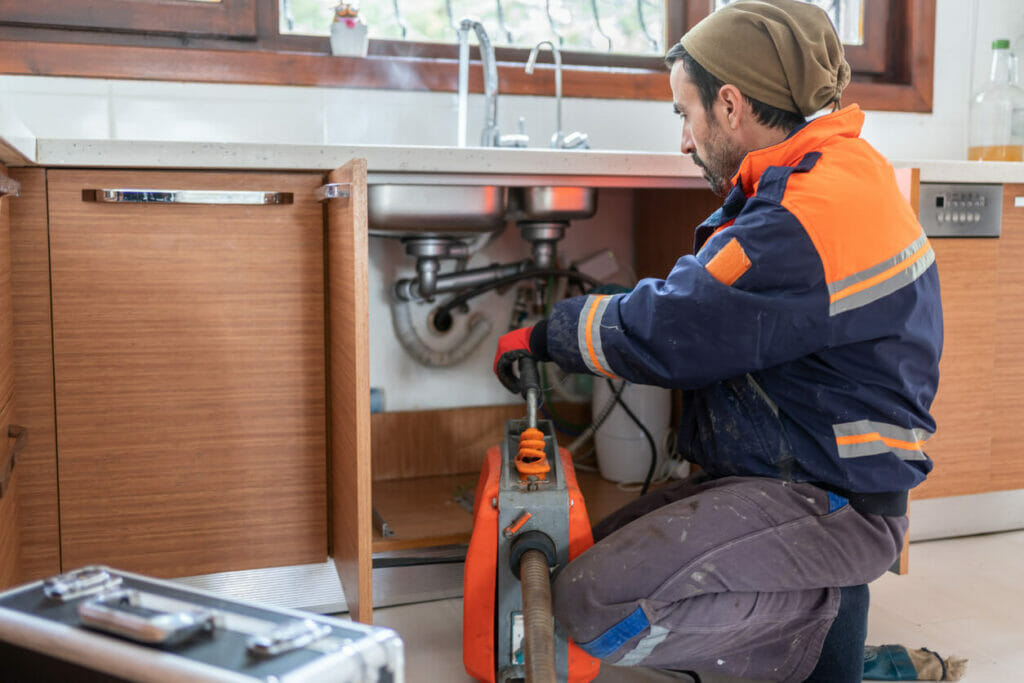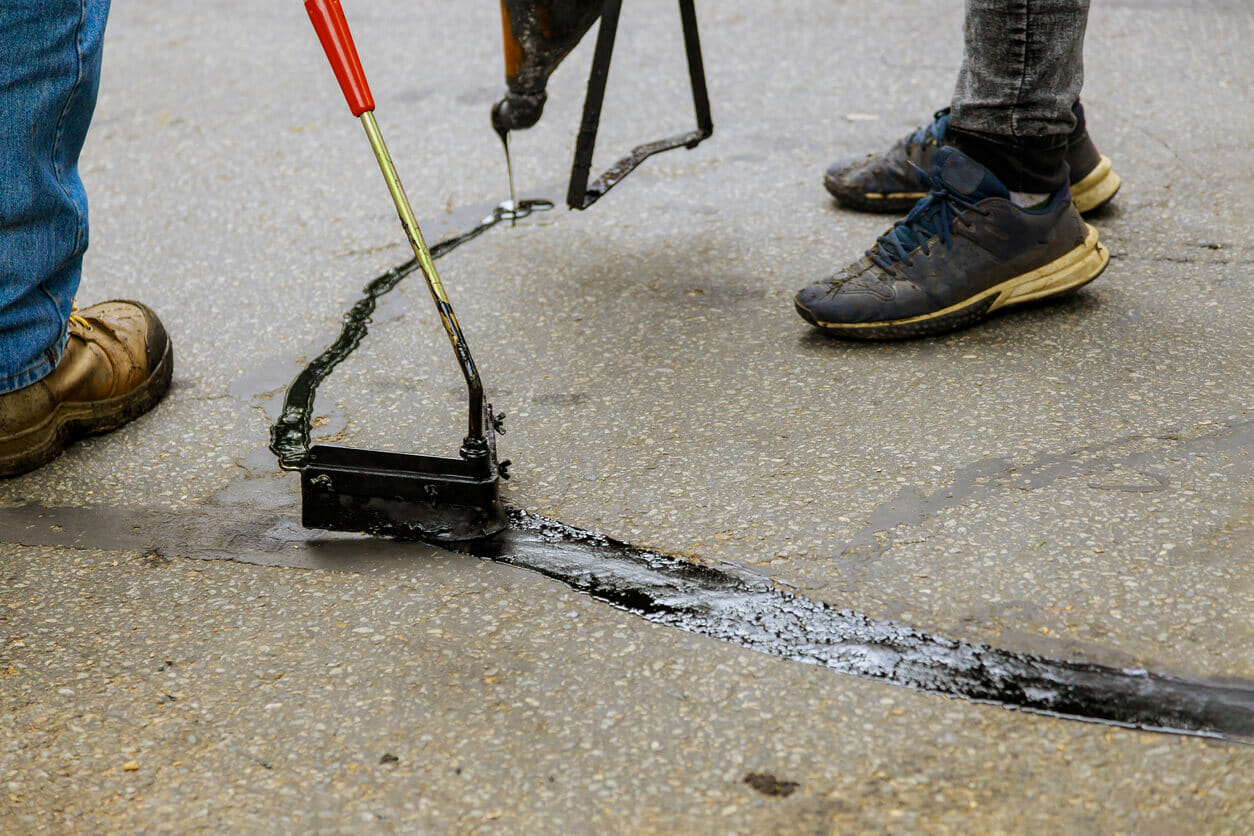Maintenance projects are constant in a condo or HOA community. From cleaning gutters to fixing sidewalks to repairing an elevator, it seems like the work is never truly done.
The good news is there are benefits to performing regular maintenance work. Property values remain high, which often means communities attract more affluent residents.
Speaking of residents, they are much happier when they see their fees are being managed responsibly and applied to maintain a safe and comfortable living environment.
How to speed up maintenance projects
- Have a system for maintenance projects
- Identify issues sooner
- Plan for preventative maintenance work
- Focus on the variables you can control, and know that something could go wrong
- Encourage frequent communication between you, your team, and the vendor
Finally, planning for smaller, more affordable projects may mean that you don’t have to issue a special assessment to owners for a big, costly repair. When components are properly cared for, they are much more likely to reach their full useful lifespan.
The downside is, depending on the nature of the job, maintenance work can be disruptive to residents. As such, it’s in management’s best interest to try and have maintenance projects completed as quickly as possible. And while there are dozens of things that can slow down repair work, these suggestions can help you steer clear of roadblocks and barriers.
1. Have a system for maintenance projects
When we talk about speeding up maintenance work, we’re not encouraging you to rush your repair professional. Rather it’s about streamlining and simplifying the processes involved in repair work. That includes things like scheduling the work ahead of time, ensuring contractors have what they need before they start working, creating estimates for completion times, and preparing residents for any disruptions.
Without a formal system for managing maintenance, you are much more likely to forget when preventative maintenance is supposed to be performed, or how long certain jobs should take.
By implementing a digital system like Condo Control’s Maintenance tracking solution, it’s much easier to document and keep track of these types of details. Plus, it helps you create a more transparent and collaborative process for your entire team.
Instead of working from a binder or Excel sheet, everyone with authorization can schedule or review maintenance jobs. It takes just a few seconds to see which jobs are in progress and which ones have not yet been started.
The layout is easy to navigate and caters to the way condos and HOAs operate.
You can even assign small jobs to onsite maintenance staff if applicable, and create recurring activities for work that needs to be completed on a monthly or quarterly basis.
2. Identify issues sooner
The next way to complete projects sooner is to start them sooner. The key here is to give residents a way to report maintenance issues in a quick and efficient manner. Why residents? Well in most cases, management staff aren’t the first ones to find out about a clogged drain in the clubhouse or a broken treadmill. Residents discover problems while using equipment and facilities, and the sooner they can let management know about these problems, the sooner they can be addressed.

Conversely, if it takes too long for the message to get to the right people, a simple clog could end up creating a flood, and water damage can be costly.
These problems can be reported verbally, but submitting a digital message is, in most cases, faster and simpler. Condo Control has a Service Request feature that allows residents to submit requests instantly. This is particularly helpful when requests are sent on evenings or weekends. They can even report a maintenance issue from their phone. Once management sees the request, they can create a new maintenance repair job and contact the correct person.
3. Plan for preventative maintenance work
When you already know that there will be some disruptive maintenance work occurring in your community, take proactive steps to prepare residents and help contractors.
Members will need to be made aware of temporary or permanent changes that could impact their day-to-day lives, such as closing a road to install speed bumps or taking an elevator out of service. Post physical notices, use the display screen if you have one, and send out emails or digital announcements so that everyone is aware of what is happening. Share the expected completion date, but let residents know as soon as possible if the work is going to take more time.
For something like a parking garage power wash project, you will need to get owners to follow instructions and move their vehicles to a designated area before the contractors can begin their work. This might take some effort, so be prepared to reach out to individual owners regarding their cars. Otherwise, you might have to reschedule with the contractor. And it could be weeks or even months before they have another opening.
4. Focus on the variables you can control, and know that something could go wrong
You can check to make sure that the contractor you have hired has adequate insurance and proper licensing before they start a project. But you can’t do much about supply chain issues that slow a maintenance project down.
If required, you can get approval for work from a board member ahead of time if you know they are going away. But you can’t plan on them being sick.
Do what you can to avoid unnecessary delays, but keep in mind that things don’t always go according to plan. Any major changes that impact a timeline, budget, or desired outcome should be brought to the attention of the board as soon as you know about them. Residents may also need to know about these changes.
5. Encourage frequent communication between you, your team and the repair professionals
Lack of communication is a sure way to slow down any project. You must make the effort to keep your team updated by getting regular feedback from the professionals making the repairs. Even if it’s bad news, if delivered early enough, you get more time to make the best of a bad situation.
Similarly, make sure you are relaying important information to contractors. Make sure expectations are clear so they don’t have to do the same work twice. Decide on a communication channel that works for all parties.
Conclusion
Speeding up maintenance work isn’t about rushing repair work. It’s about streamlining the processes involved with planning for and approving the work.
Manual processes are more inefficient because they require you to do more work, take up more of your valuable time and present more limitations. For example, if you wanted to look back on when the HVAC system last had work done, you would need to be in the office and have physical documentation in your hands.
That isn’t the case with a cloud-based software solution. Not only can you review element and component history from any device, but others on your team can see information about past and future maintenance work too.


